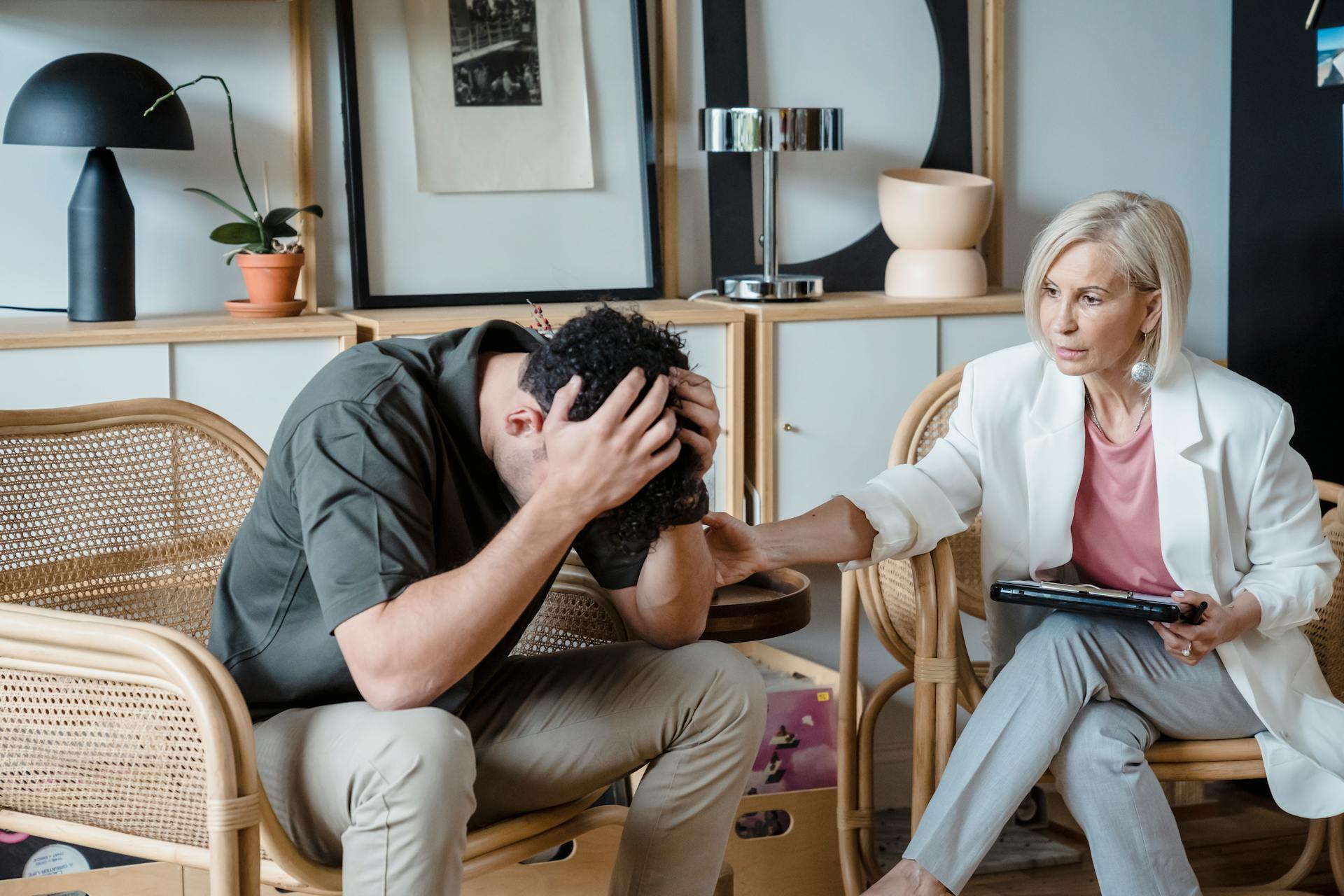At Crestview Recovery, we tailor themental health treatment options at our eating disorder treatment center to the needs of the clients. We provide both holistic and evidence-based treatment options to encourage long-lasting recovery for each person who seeks our care. To learn more about how our team can support your recovery from anorexia or any other eating disorder, please contact Crestview Recovery today at (866)262-0531.

Healing Begins Here
Conditions Helped Through Anorexia Disorder Treatment
In the past, doctors only treated one of these conditions at a time. Today, we know better and that all must gain help at once for lasting recovery. Otherwise, a treated condition drives the untreated ones into relapse. This creates a never-ending cycle of relapse and despair.
When you’re in a quality anorexia disorder treatment facility, your rehab includes an approach for whole-person wellness. Emphasis on your whole health and behavioral history guides this treatment and also the creation of your own treatment plan. Furthermore, only through balanced wellness do you gain control over your recovery from anorexia and other conditions. This treatment may include therapeutic options such as:
Cognitive-behavioral therapy (CBT) focuses on identifying and changing thought patterns and behaviors that contribute to disordered eating. The ultimate goal of CBT is to increase self-esteem, promote healthy eating habits, and help individuals manage their emotions in a more positive way.
Dialectical behavior therapy (DBT) focuses on helping individuals learn skills for managing distress, regulating emotions, and improving relationships with others. The therapist will provide support and guidance as the individual learns these skills. DBT also teaches problem-solving skills and ways to cope with intense emotions in order to achieve a balanced life.
In group therapy, individuals with anorexia disorder meet in a safe and supportive environment to share their experiences. Group members provide support, understanding, and empathy to one another while discussing their thoughts and feelings about their eating disorder. The therapist will help them identify triggers for disordered eating, learn coping strategies to manage difficult emotions, and develop healthier ways of thinking.
Individual therapy focuses on addressing the underlying issues that lead to disordered eating. It helps individuals understand their own thoughts, feelings, and behaviors in order to gain insight into how they might be contributing to their eating disorder. The therapist will help them develop healthier coping strategies and set realistic goals for recovery.
Nutritional therapy involves working with a registered dietitian to develop a personalized meal plan that meets the individual’s nutritional needs. This type of therapy teaches individuals how to make healthier food choices and develop positive relationships with food and eating.
What Causes Anorexia?
Anorexia brings a cycle of guilt and fear with its symptoms. Although you do not start anorexic behaviors with intent for this, the disorder starts playing a significant role in your life. You may rely on your eating disorder to numb pain after trauma, feel in control of your life or deal with other problems. But the reality is that you hold no control and anorexia only destroys your life.
Anorexia does not end without treatment. That is, it does not go away on its own. Another end to anorexia comes without help, that of death. So, your choices include getting the help you need from a quality anorexia disorder treatment program or letting the disease take you.
Anorexia disorder treatment program comes in the form of rehab programs at a quality facility. Crestview Recovery in Portland provides a range of care options, including:
- Residential treatment
- Partial hospitalization programs
- Intensive outpatient programs
- Outpatient programs
- Men’s treatment programs
- Women’s treatment programs
At Crestview Recovery you gain the therapies, support, services, and education you need to end your eating disorder. From there, you rebuild your life.
Seek Treatment at Crestview Recovery in Portland
- Aftercare and extended care programs
- Dual diagnosis treatment
- Therapy services with masters-level therapists
- Telehealth services
- Mental health services
Eating disorders and other mental health conditions often bring feelings of lost hope and endless despair. However, anorexia disorder treatment at Crestview Recovery in Portland, Oregon gives you a real chance for a better future. Finally, call Crestview Recovery now at (866)262-0531 for more information about available programs.





















